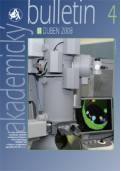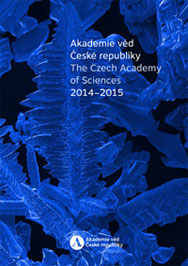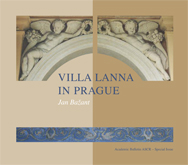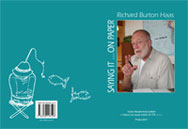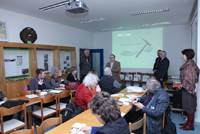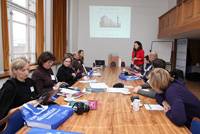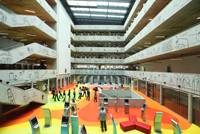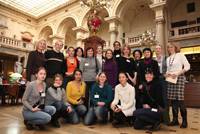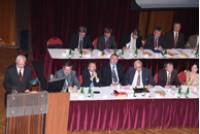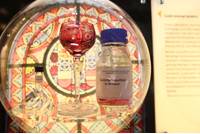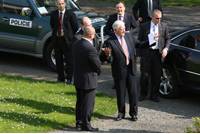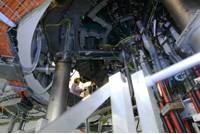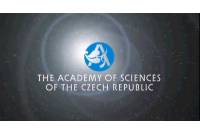
Academic bulletin 04/2008
RESUMÉ
EVENT
The Czech Academy of the Sciences arranged on February 20 a Round Table that took place at the Academy's Conference Center Liblice on the topic Framework association for state assistance in research, development and innovations. The European committee set the rules that define the schedule of public support, program notification and announcing public events in research and development, in evaluation of research intension and in setting cooperation with research organizations and companies.
"8" ANNIVERSARIES's IN CZECHOSLOVAK HISTORY
Prague Spring 1968
Prague Spring was a period of political liberalization in Czechoslovakia during the era of its Soviet domination after World War II. It began on January 5, when reformist Alexander Dubček came to power, and continued until August 21, when the Soviet Union and its Warsaw Pact allies invaded this country to halt the reforms. The Prague Spring reforms were an attempt by Dubček to grant additional rights to the citizens as a part of his partial decentralization of the economy and democratization.
PERSONAlITY
Jiří Velemínský: Gentleman and spirit aristocrat
Prof. Jiří Velemínský was in particular an extraordinary and enthusiastic scientist. He was one of the first who investigated botanical genetics on the molecular level, thus he is regarded as founder of this research field in the Czech Republic. Prof. Jiří Velemínský was an excellent organizer of Czech research activities and also he was an outstanding personality. He died 23 February 2008.
TOPIC OF THE MONTH
What does 1,5 kg matter hide?
Brain Awareness Week is a series of events held around the world to increase public awareness of the brain. Top Czech scientists attracted more then 1,300 students with lectures as part of the annual Brain Awareness Week that took place in the administration building of the Czech Academy of Sciences extending from 10–13 March 2008.
ANNIVERSARY
Josef Hlávka and Antonín Dvořák
There was a close relationship between the patron of Czech science and the arts and the founder and first president of Czech Academy of Science and the Arts, Josef Hlavka, and one of the most famous Czech composers, Antonín Dvořák.
SCIENCE AND RESEARCH
Science, or Else?
The annual Villa Lanna Meetings of Science, or Else? are organized by the Academy of Sciences of the Czech Republic and the Collegium Helveticum, an Institute supported by both the Swiss Federal Institute of Technology in Zurich (ETH) and the University of Zurich. They bring together scientists from different fields of research to discuss general aspects of science, the position of science in society and its consequences to humanity. This year, now the 10th meeting was held in Prague from 11–13 January. Its topic was Reproducibility – Arts, Science and Living Nature. More information can be found in an interview with Professor Pliška and in an article about Professor Havel.
Elections in the United States
By Jerry Harris
The presidential elections in the United States represent a fundamental choice for the American people. Republican John McCain seeks to continue aggressive imperialist policies relying on military power to insure US domination of world affairs. On the otherhand, Barak Obama would be the first center-left president since the right-wing swept to office over a quarter of century ago.
FROM BRUSSELS
First year of the 7th Framework programme
The European Committee officially started The 7th Framework Program at the beginning of 2007 and its newsflash is a program Ideas which is basically focused on "border research". The European Research Board announced and will evaluate Starting Independent Researcher Grant that was forwarded to independent research with an excellent research idea seeking to create or consolidate their research team. The call-up was very successful and the EC obtained totally 5,167 projects from which were chosen the best 250 (including two Czech candidates). Doc. František Štepánek (Institute of Chemical Technology in Prague) was able to get financial support for the project. At present Dr. Štěpánek works in the Department of Chemical Engineering at the Imperial College, London, UK.
